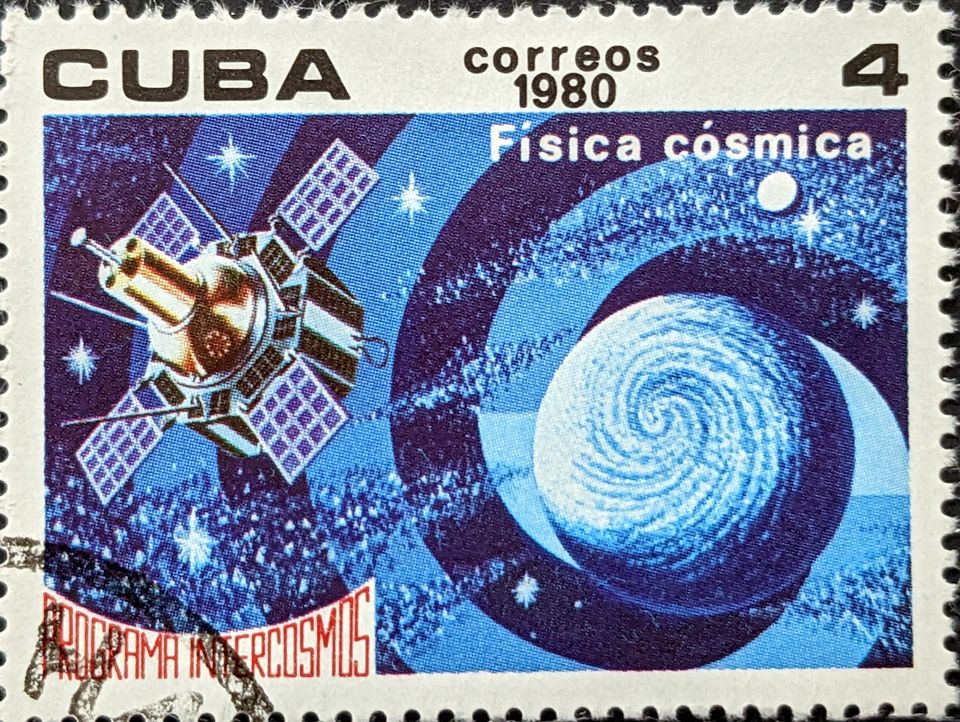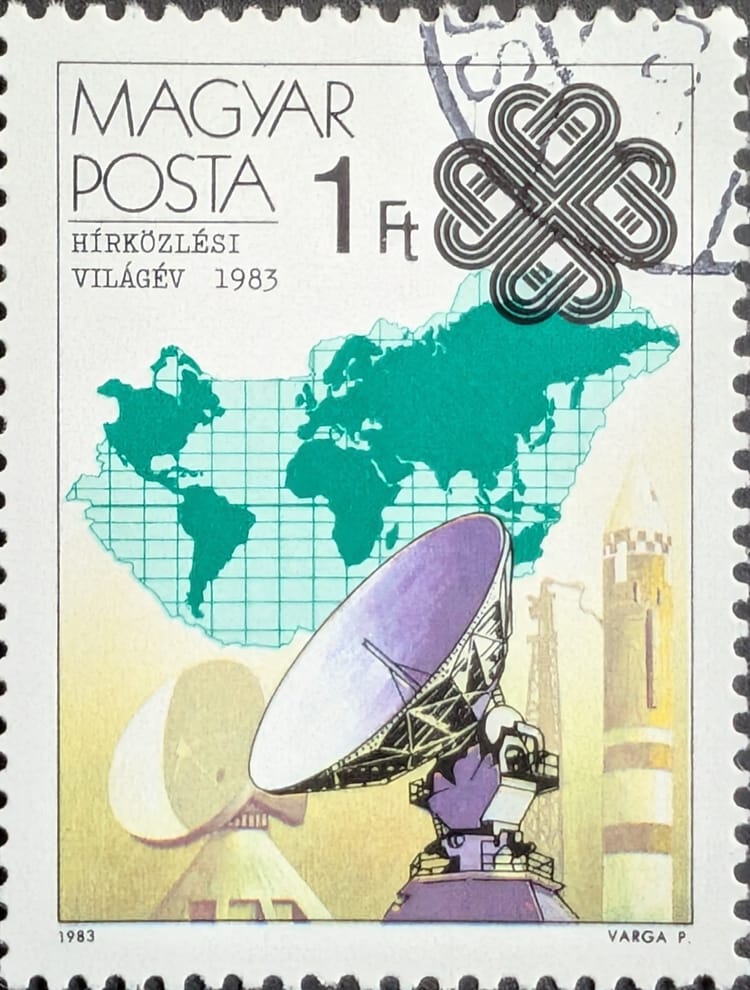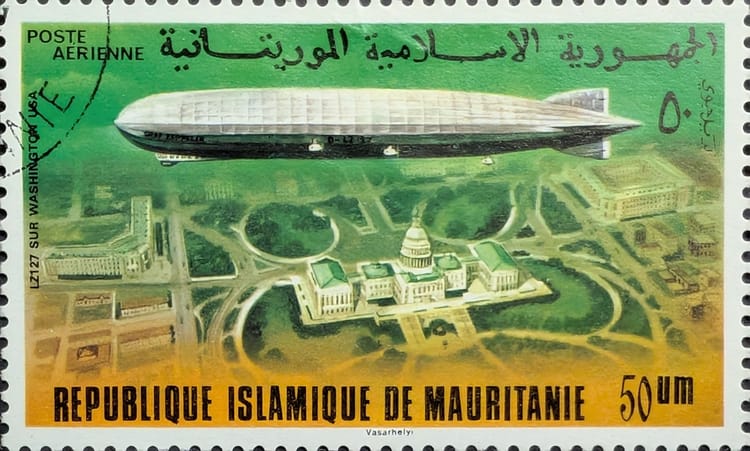The Cake is a Lie: Europe’s Ariane 6 Delays

It’s been a bit over three years since Chris Quilty and I penned, “An Ocean’s width between success and muddling.” In that flash, we observed a few of the very obvious differences between Arianespace and SpaceX. We didn’t hold back and ended that short read with the following:
“...while SpaceX and Arianespace may compete in the same industry, they inhabit different universes. One is contributing to the economy, while the other appears to be draining it. One company is creating jobs while the other appears content to simply maintain jobs. One company is boldly pushing the technology envelope while the other seems happy with just maintaining what it has. In the end, one path appears sustainable, while the other is not.”
It sounds like things haven’t changed.
Make life take the lemons back. Get mad!
It’s while reading this latest report from Europe in Space that I see ArianeGroup/ArianeSpace still hasn’t gotten the memo for what’s required to stay competitive or relevant in the global launch industry. The author, Andrew Parsonson, describes his impressions of just how far behind Ariane 6 development is and notes that the reasons used to justify the tardiness are…ridiculous? Parsonson’s article is long but worthwhile for those who care about European space. It’s obvious he has feelings about Ariane 6’s lack of progress.
While Parsonson may feel like he’s yelling into the wind (especially when asking ArianeGroup for clarity), his concerns are legitimate. Based on the updated Ariane 6 launch schedule, there’s no operational overlap between an older, capable, and reliable launch system such as the Ariane 5. Europe will face a period of not having decent space lift capability even while spending billions of Euros that only seem to encourage ArianeGroup to push Ariane 6 launch delays. The cost increases mentioned in the report are all the more reason to call ArianeGroup to account.
Parsonson’s point, though, is that the calling of ArianeGroup to the carpet for its obvious lack of program management isn’t likely to happen. That the European Space Agency’s (ESA) Director General Josef Aschbacher was part of the briefing indicates that. Whether ESA likes it or not, his presence makes the agency appear, at the very least, complicit with ArianeGroup’s method of extending a program’s deadline. Authorizing a “streamline management team” that consists of members with conflicts of interest (ESA, CNES, ArianeGroup) is certainly not a great way to instill confidence in ESA’s project management. As the writer notes, it would have been better to have a dedicated organization with no relationship to those groups to inspect their processes.
I will add on to Parsonson’s observation that this situation is worse for Europe than just that period of no overlap while paying more for the program.
You just keep on trying till you run out of cake.
First, there appears to be little interest to invest in other launch companies to compete with ArianeGroup. What ESA and the European Union are accomplishing by not doing so is building a reliance on a single company, encouraging a monoculture of sorts for its rockets. Monoculture is typically applied to describe a type of farming, where a farmer will focus on a single type of crop, such as corn. The reason why a farmer would specialize is to keep the costs low. The farmer only needs the equipment, fertilizer, etc. to deal with one type of corn. However, the farmer is taking a risky bet, because if the corn becomes infected, say by blight, the farmer’s entire crop could be wiped out (this happened in the U.S. in the 1970s).
Europe did something similar when it accepted and encouraged Arianespace and Group to become the continent’s only large rocket manufacturer. A single launch vehicle makes operations simpler and requires dedicated (possibly less expensive) infrastructure. However, the weaknesses are becoming much more obvious now, as ArianeGroup underperforms on its promises resulting in delays for other programs down the line. There is no indication that ESA or the EU recognize the problems inherent in monoculture. If they do recognize them, they aren’t proposing realistic solutions to resolve them.
To be clear, the U.S. is in a similar position, despite NASA’s commercial cargo and crew efforts. One difference is that at least one U.S. company can still take orders and launch. Another potential difference is the U.S. has at least two other large launch companies, one with a proven history and one new, who have been public about their launch vehicle development and seem to believe their rockets will be ready next year. Maybe. But the U.S. appears to be ready to step away from its rocket launch monoculture.
The old formula: comedy equals tragedy plus time.
A larger problem, though, is that European launch efforts, in the form of Ariane 6, will be at a further disadvantage because of the delay. The disadvantage goes beyond noncompetitive launch pricing and launching an unproven rocket. It’s a disadvantage that can be mitigated but not controlled: Ariane 6’s competition and the competition’s customer capture efforts. While ESA and the EU may be willing to wait for Ariane 6 to launch some of their missions, commercial companies will not unless they are blindingly loyal. Instead, they will seek other launch providers to keep their businesses competitive.
Barring some disaster, SpaceX will continue snatching up customers that probably would have loved to launch on Ariane 6 but can’t because they have a business to run. And SpaceX will keep moving ahead with Starship. Compounding the problem for Europe is that sometime next year, it’s possible and likely that ULA will start launching its Vulcan rocket. Blue Origin might also have launched a New Glenn rocket by then, which will also be partially reusable. So both will be able to snatch up would-be Ariane 6 customers, including those possibly initially contracted with Arianespace for Project Kuiper. I’m not aware of Amazon stating anything like that, but if the company is serious about getting as many satellites on orbit as quickly as possible, then the Ariane 6 delay may be on its mind.
NewSpace India Limited (NSIL) has already acted and gained a few launches from unfulfilled Arianespace launches for OneWeb (as has SpaceX). All seem very hungry to gain launch customers and, at least publicly, seem eager to show what their newest rockets can do.
Did…well…enough. A solution that works out best for one of both of us
That eagerness seems absent when it comes to ArianeGroup and Arianespace. It’s difficult to understand why a company would not seem eager to launch its rocket after spending such significant sums. Instead, it uses excuses that the author correctly identified as (in my words) “lame.” None of the excuses help explain why the Ariane 6 project is delayed to potentially 2024. It’s as if ArianeGroup expected those excuses to be unquestioned, especially since ESA and the EU seem to accept them. That’s a sign of a company comfortable in its entitlement. The company appears to be behaving in a manner that is daring the ESA to cut off its antics. It’s not behaving as if it’s serious about the launch business. Instead, it’s behaving as an entitled monopoly.
The company isn’t worried about the mission nor is it worried about its workforce. It doesn’t appear to be worried at all, despite its failure to hit its initial launch goals. In that flash Chris and I wrote, we noted that:
“Arianespace is committed to staying the course, even if it requires holding the European space industry and employees hostage.”
At the time (2019), the company threatened to stop developing the Ariane 6 because it hadn’t earned enough orders. Three years later, the European space industry and employees are still hostages to ArianeGroup’s schedule. Like GLaDOS from Portal, it seems as if the company derives satisfaction by setting up obstacles to the success of Europe’s space program, instead of helping it move forward. More distressingly, ESA and the EU don’t seem to have any other answer to a future where its industry isn’t hostage to a single company. Again, like in Portal, there is just one path through the obstacle course, but no portal gun to help them leave it. They don’t appear to even be attempting to come up with one, despite all the talk about the importance of European space sovereignty.
Parsonson, and other Europeans, have every right to be angry and disappointed with ArianeGroup, ESA, and the EU. Their taxes pay for much of what is going on with that program. It will launch much later than first advertised, and the excuses for why that is don’t make sense. It risks European space sovereignty in several ways, becoming less competitive while experiencing a loss of mindshare for existing and future European launch services, largely due to one company.




Comments ()